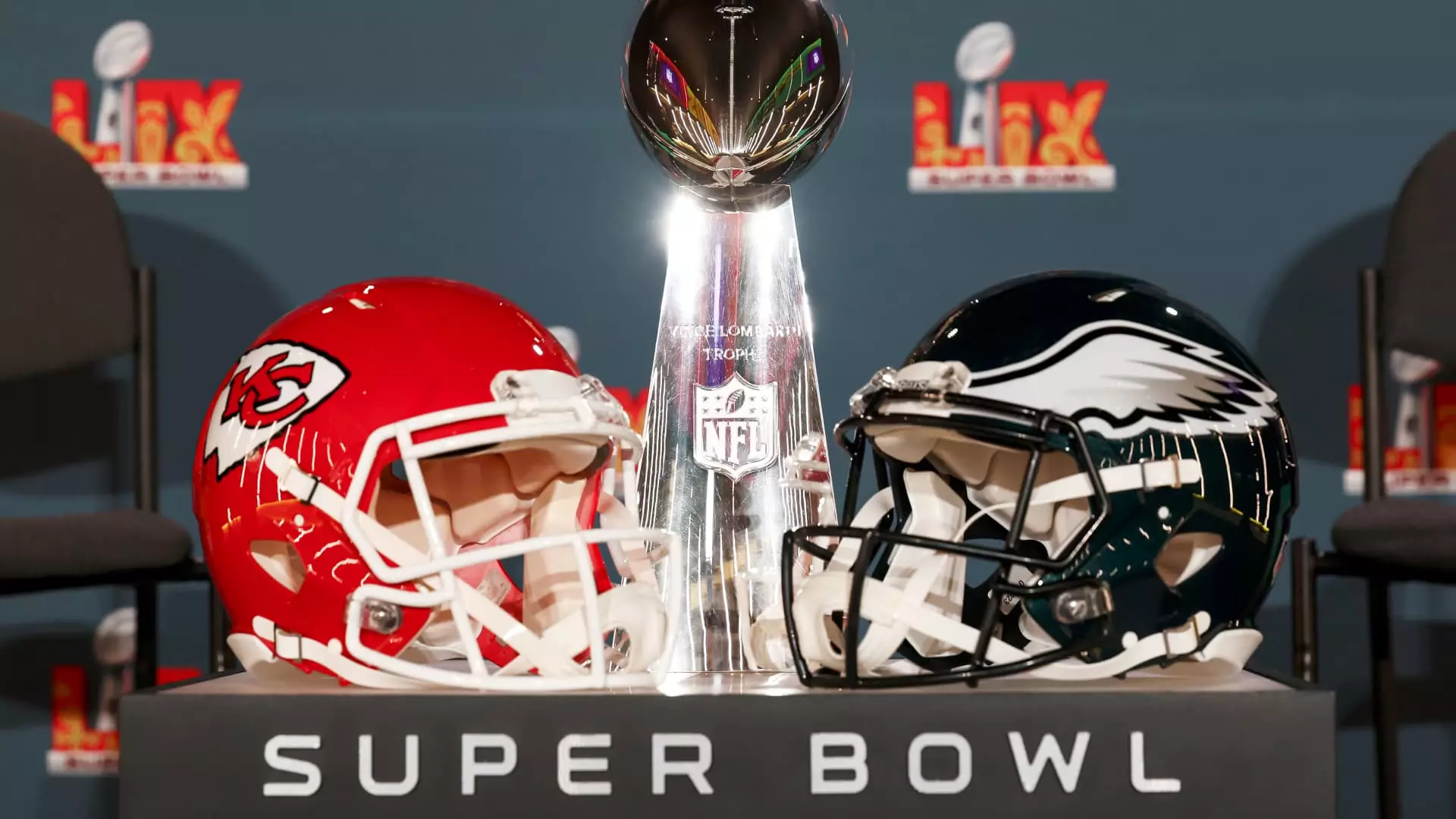The NFL’s recent crackdown on ticket reselling by players, coaches, and staff reveals a troubling inconsistency that questions the league’s commitment to fairness. While the league publicly denounces profiteering, its own disciplinary measures seem to serve as much as a deterrent to internal accountability as they do to maintain honest competition. The league is set to fine over a hundred players and two dozen employees—a move that, on the surface, appears as a stance against unethical conduct. But beneath this surface, a more complex picture emerges: is this crackdown genuinely rooted in protecting fans and preserving transparency, or is it an attempt to conceal deeper issues of favoritism and unbalanced power dynamics?
The league’s stance suggests an assumption that resale profits by insiders distort the game’s integrity. However, it’s undeniable that the NFL’s marketplace for tickets has been left in a limbo—an environment where inflated scalping is an open secret. By branding players and staff as offenders and enforcing strict penalties, the league positions itself as the moral arbiter, but the fine print raises eyebrows. Fines are pegged at high multiples of face value, which, while hefty, seem more like revenue generators than genuine dissuaders. Moreover, the punishment appears to reinforce a transactional hierarchy—the league’s way of policing its internal economy rather than addressing the root issues: why do fans feel compelled to buy secondary tickets in the first place?
Does this Enforce Real Justice or Just Maintain the Status Quo?
The NFL’s focus on penalizing insiders aligns with a broader tendency in powerful institutions to police symptoms rather than causes. Banning employees from future ticket purchases and increasing penalties may seem to uphold fairness but, in reality, can serve as a punitive measure that hampers genuine fan access. The league’s motive to curb resale at the expense of fans’ passion suggests a fear of losing control over its lucrative ecosystem. What it overlooks is that, in many cases, the secondary market reflects unmet demand and frustrations from genuine fans who are priced out of primary sales.
Furthermore, the narrative spun by the league implies that profit from tickets is inherently corrupt. This framing ignores the complex realities of supply, demand, and the economic rights of individuals—fans, employees, and players included. When the league stipulates that tickets should not be sold above face value, it discretely places the burden on insiders while conveniently giving itself room to control and manipulate the flow of tickets. This approach essentially suppresses a vibrant, organic fan economy that often empowers supporters but destabilizes perceived monopoly power.
A Center-Left Perspective: Balancing Fairness with Fan Empowerment
From a center-wing liberal perspective, this crackdown exposes a delicate balance that the NFL struggles to attain. Protecting a league’s reputation should not come at the expense of fostering genuine fan engagement or over-policing insider transactions. Instead, policies should aim to democratize access to tickets and diminish the allure of profiteering that disproportionately benefits a few at the top.
The NFL’s approach feels more punitive than constructive. It fails to address the systemic issues—such as skyrocketing ticket prices and limited primary access—that fuel resentment among fans. Reinforcing barriers for insiders may temporarily curb resale profits, but it does little to make tickets affordable or accessible. Active dialogue with fan communities and smarter policies encouraging fair distribution could better serve the league’s long-term interests, fostering loyalty and broadening participation rather than alienating core supporters.
Ultimately, the NFL’s stance, cloaked in the language of integrity and discipline, reveals underlying tensions—between profit, power, and the genuine love of the game. Instead of penalizing those trying to share the experience or making tickets more available, the league should reconsider its priorities: is it protecting the integrity of the sport, or merely safeguarding its economic interests?

